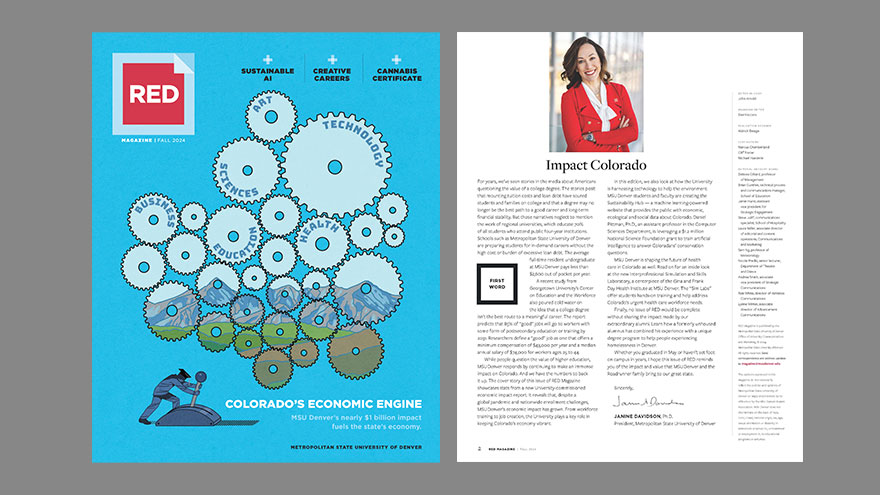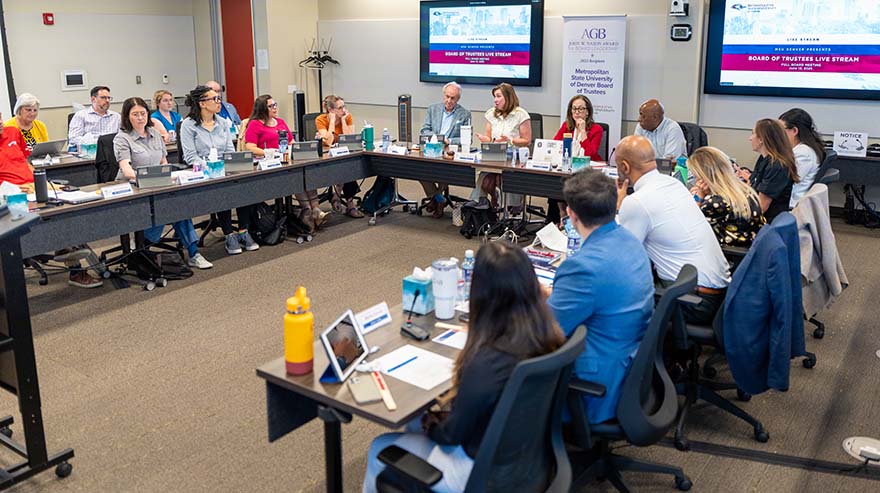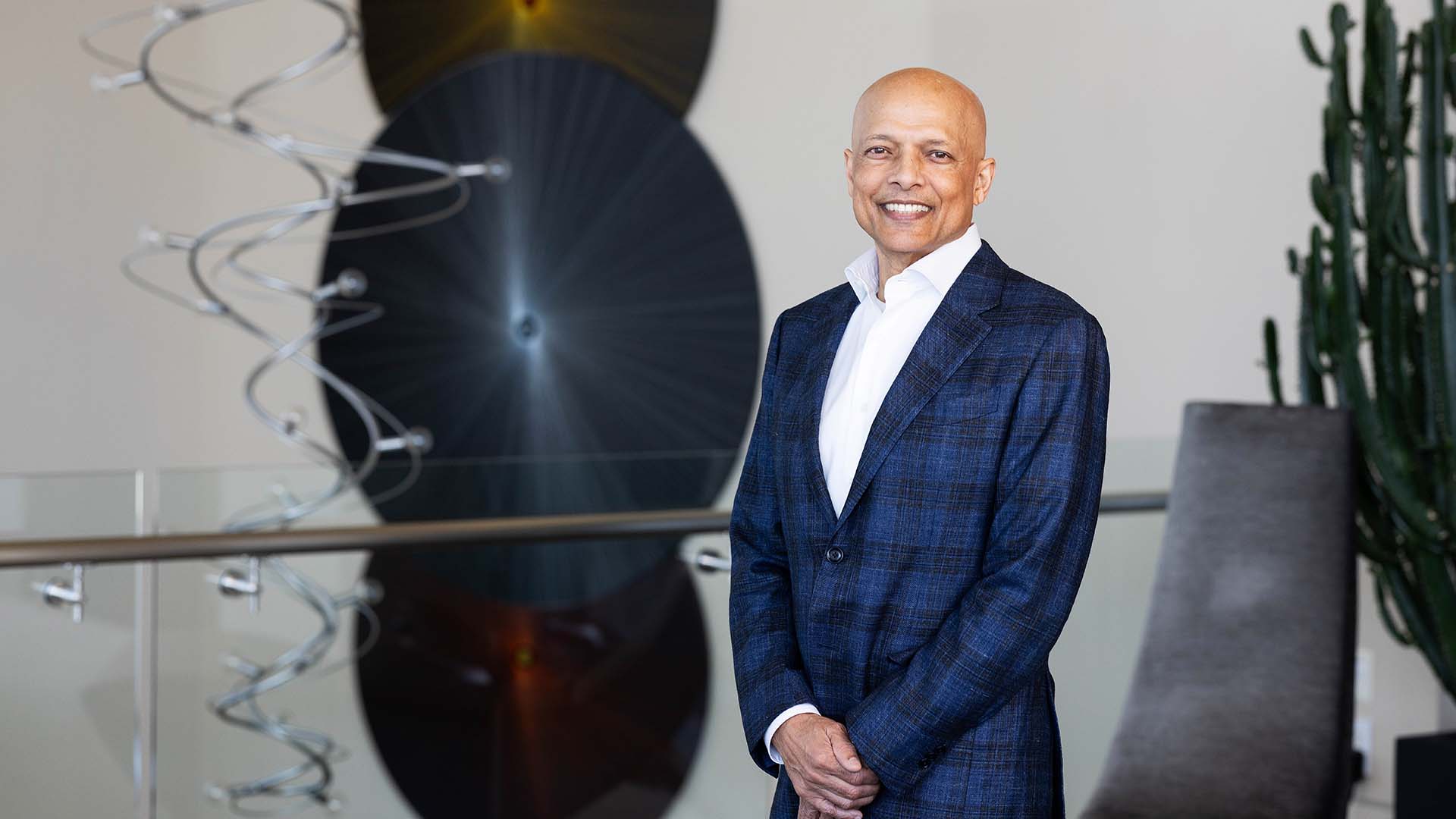For years, we’ve seen stories in the media about Americans questioning the value of a college degree. The stories posit that mounting tuition costs and loan debt have soured students and families on college and that a degree may no longer be the best path to a good career and long-term financial stability. But those narratives neglect to mention the work of regional universities, which educate 70% of all students who attend public four-year institutions.
Schools such as Metropolitan State University of Denver are preparing students for in demand careers without the high cost or burden of excessive loan debt. The average full-time resident undergraduate at MSU Denver pays less than $2,600 out of pocket per year.
A recent study from Georgetown University’s Center on Education and the Workforce also poured cold water on the idea that a college degree isn’t the best route to a meaningful career. The report predicts that 85% of “good” jobs will go to workers with some form of postsecondary education or training by 2031.
Researchers define a “good” job as one that offers a compensation of $43,000 per year and a median annual salary of $74,000 for workers ages 25 to 44. While people question the value of higher education, MSU Denver responds by continuing to make an immense
impact on Colorado. And we have the numbers to back it up. The cover story of this issue of RED Magazine showcases stats from a new University-commissioned economic impact report. It reveals that, despite a global pandemic and nationwide enrollment challenges, MSU Denver’s economic impact has grown.
From workforce training to job creation, the University plays a key role in keeping Colorado’s economy vibrant.
In this edition, we also look at how the University is harnessing technology to help the environment. MSU Denver students and faculty are creating the Sustainability Hub — a machine learning-powered website that provides the public with economic, ecological and social data about Colorado.
Daniel Pittman, Ph.D., an assistant professor in the Computer Sciences Department, is leveraging a $1.2 million National Science Foundation grant to train artificial intelligence to answer Coloradans’ conservation questions. MSU Denver is shaping the future of healthcare in Colorado as well.
Read on for an inside look at the new Interprofessional Simulation and Skills Laboratory, a centerpiece of the Gina and Frank Day Health Institute at MSU Denver. The “Sim Labs” offer students hands-on training and help address Colorado’s urgent health care workforce needs.
Finally, no issue of RED would be complete without sharing the impact made by our extraordinary alumni. Learn how a formerly unhoused alumnus has combined his experience with a unique degree program to help people experiencing homelessness in Denver. Whether you graduated in May or haven’t set foot on campus in years, I hope this issue of RED reminds you of the impact and value that MSU Denver and the Roadrunner family bring to our great state.








